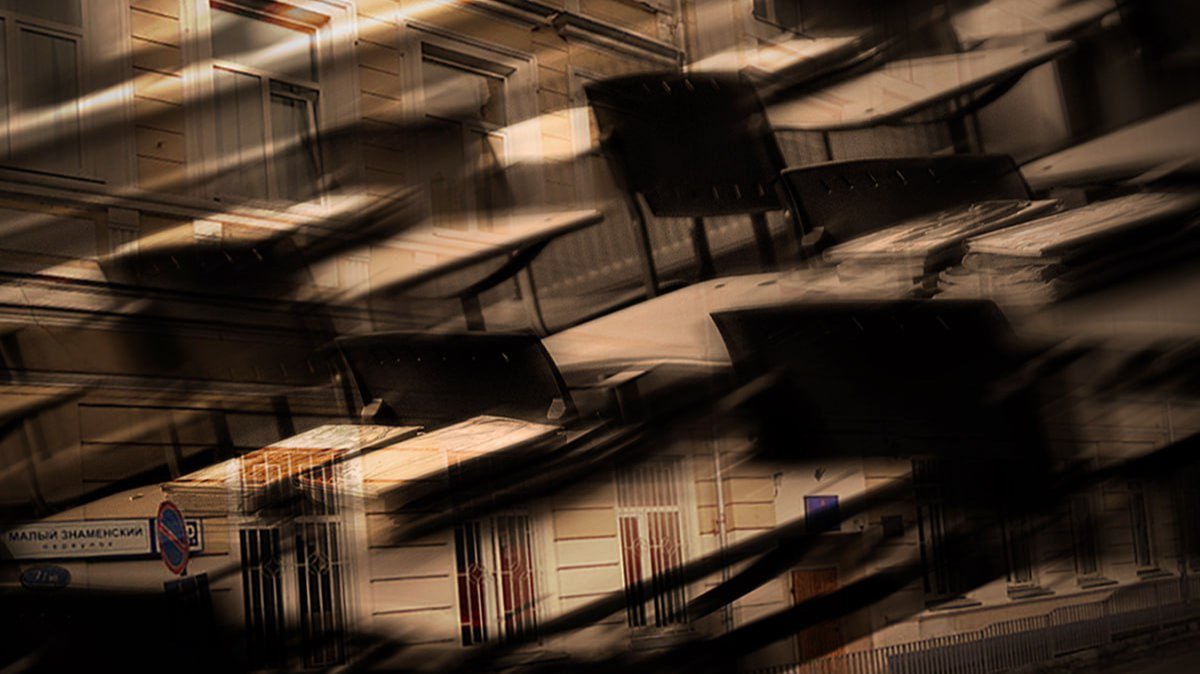The UN nuclear watchdog chief Rafael Grossi traveled to Iran Monday, hoping to achieve what his agency has been pursuing in vain for more than two decades: transparency and assurances that the Islamic Republic’s nuclear program is peaceful.
Grossi has been at his job for less than five years, but his organization, the International Atomic Energy Agency (IAEA) has been grappling with the ‘Iran issue’ for more than two decades, ‘raising concerns’, ‘demanding explanations’, ‘assessing compliance’, and ultimately ‘expressing disappointment’.
All the while, the regime in Tehran has been slowly but steadily moving towards nuclear weapons capability. It has never been closer, according to Grossi, who estimates that a ‘bomb’ is only weeks – not months – away, if the Supreme Leader Ali Khamenei chose to ‘go for it.’
Iranian officials, of course, maintain that their nuclear program is entirely peaceful. There may exist a mountain of circumstantial evidence to the contrary, but they would like Grossi and other concerned parties to ignore it all, resting in the knowledge that Khamenei has issued a religious ruling (or fatwa) against all weapons of mass destruction. Yes, the fatwa can be overturned by yet another one any day, but that’s mere technicality.
So what are the facts?
The fact is that Iran is now enriching uranium up to 60% purity, according to the IAEA, just one step from the 90% required for making bombs. The fact is that Iran is now in possession of a nuclear stock 27 times the limit that it set in the nuclear deal with US, Britain, China, Russian, Germany, France and the EU in July 2015. And the fact is that virtually every time that the IAEA has found something significant about Iran’s nuclear activities, it has been in spite of, not with the help of, the Iranian regime.
IAEA experts, including Grossi himself, say such levels of enrichment cannot be justified or explained in the absence of a weapons program. Still, there’s very little Grossi could do to make rulers of Iran think twice, since world powers, including the US, are reluctant to antagonize the regime, refusing even to confront it in the IAEA’s quarterly Board of Governors meetings – the latest of which will commence on 3 June.
"Everyone knows this is a game Iran plays ahead of the Board of Governors meetings, where it routinely over-promises in order to avoid a censure and then underdelivers," analyst Eric Brewer of the Nuclear Threat Initiative told Reuters. "Grossi is well aware of that strategy, too. The key question is whether he can get anything concrete from Iran."
He felt he did that last time he visited Iran – in March 2023. The now-devalued Joint Statement he delivered alongside Iranian officials was supposed to be the first step towards expanded surveillance of Iran’s nuclear facilities. As it turned out, it was the only step, according to Grossi’s last report to IAEA member states.
Grossi’s latest trip to Iran is unlikely to yield much more than the previous one. Some believe that it’s not only futile, but counterproductive.
“Iran has violated its nonproliferation obligations, refused to answer the IAEA’s questions, and is on the threshold of nuclear weapons,” wrote Anthony Ruggiero, Adjunct Senior Fellow at the Foundation for Defense of Democracies on FDD’s website. “The IAEA should not be celebrating Iran’s nuclear program at a conference in Iran.”
Many hold the view that the 2015 deal was the world’s best hope to stop Iran’s slow march towards nuclear weapons capability. Former president Donald Trump scuppered that deal, giving the Iranian regime what it perhaps wanted most: an excuse to roll back cooperation with the IAEA and accelerate its uranium enrichment.
President Joe Biden spent the first half of his term trying to revive the 2015 nuclear deal – and failed. He then turned to chasing an informal agreement, looking the other way as China purchased tens of billions of Iran’s sanctioned oil, and releasing billions in frozen funds, all to encourage the regime in Tehran to limit enrichment, even temporarily.
Iran did indeed slow its production of highly-enriched uranium last summer, only to resume it in Autumn, according to an IAEA report last December.
Last month, following an Israeli air strike against an Iranian air defense system near a major nuclear site in central Iran. a senior IRGC commander warned that the regime could “change” its nuclear doctrine. The statement was read by many as a thinly veiled threat that the Islamic Republic could break ties with IAEA and ‘go for’ nuclear weapons.
No course of action is guaranteed to stop that, according to most diplomats and nuclear experts. That’s the reason, perhaps, that Grossi finds himself accepting yet another invitation from Tehran, shaking hands and smiling with officials whose sincerity he may trust even less than the efficacy of his trip.

 1 week ago
16
1 week ago
16


